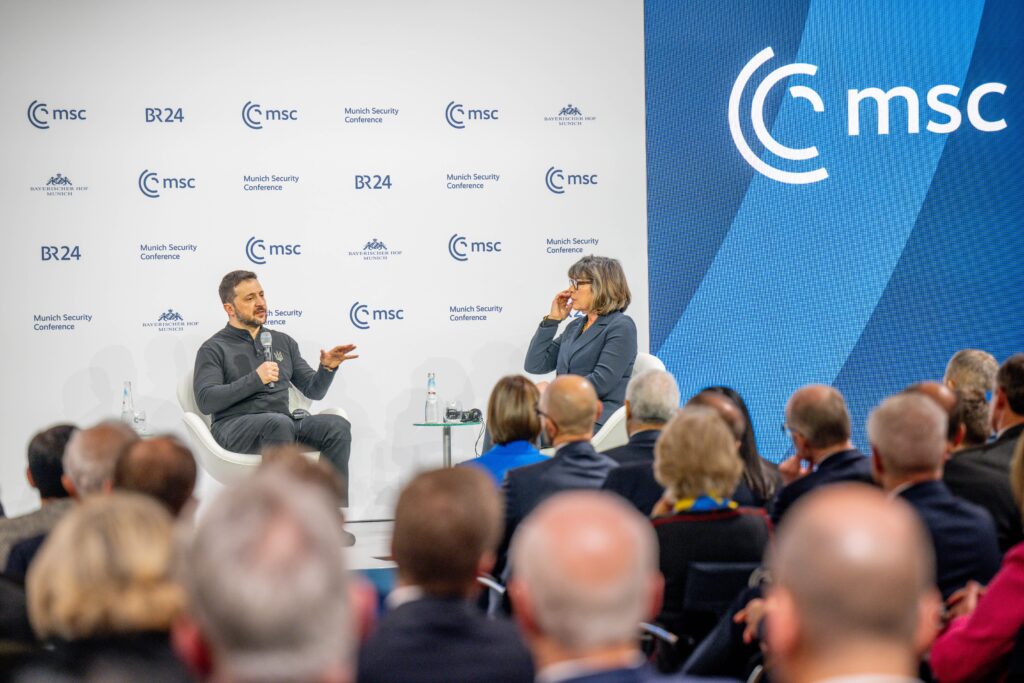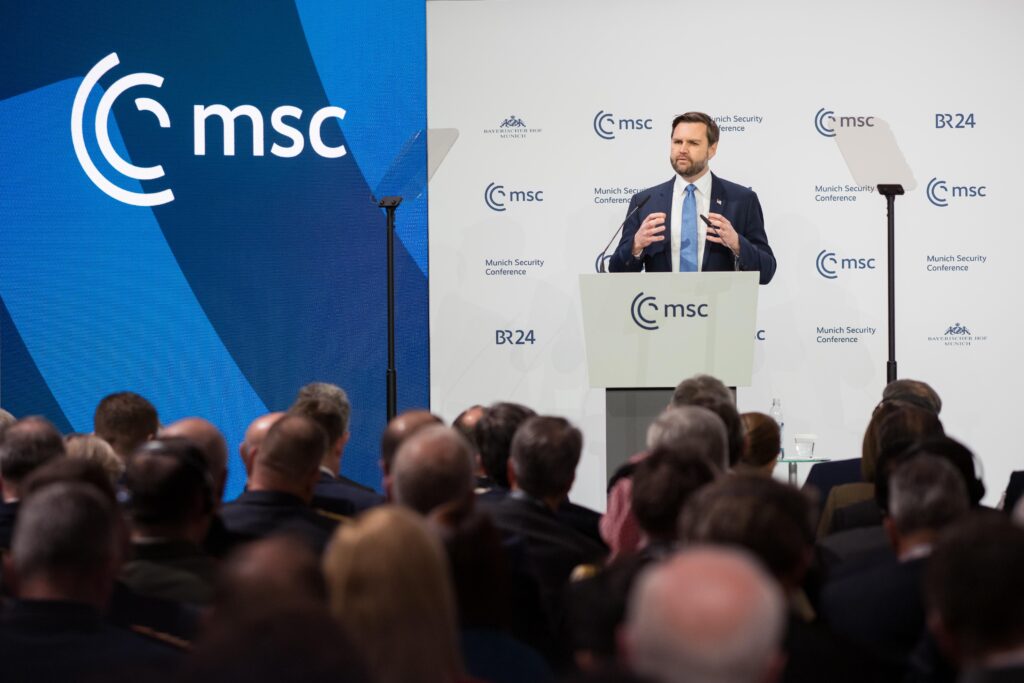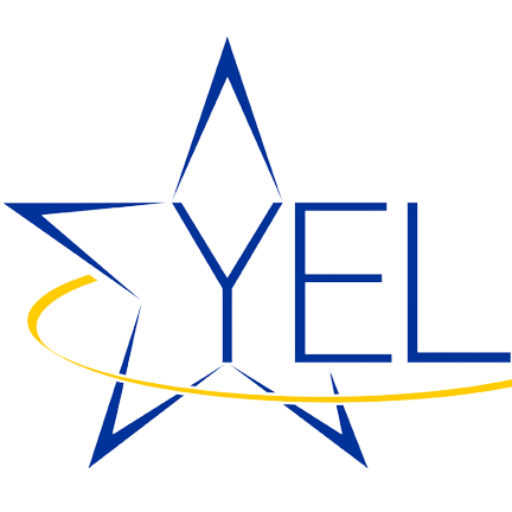
Article by Vincent Tadday
Three days of intense discussions, back-to-back events, and conversations that felt more urgent than ever. The Munich Security Conference 2025 took place at a time when Europe is under mounting geopolitical pressure and facing deep internal divisions. While the world watches, the continent stands at a crossroads. The decisions made today will shape whether Europe can safeguard its future or remain vulnerable to external shocks and internal fragmentation.
Although I was not able to attend the main event at the Bayerischer Hof this year, I had the opportunity to participate in key discussions at MSC@Amerikahaus – Emerging Leaders, the Munich Young Forum, and various side events across the city. These platforms provided valuable spaces for in-depth exchanges on critical security themes, from defense innovation, digital sovereignty, and economic resilience to the rapidly evolving transatlantic relationship and the broader question of societal resilience.
Yet even from outside the main venue, one moment stood out as particularly disruptive: J.D. Vance’s speech at the Bayerischer Hof. His remarks underscored that the transatlantic debate is no longer just about military commitments or alliance cohesion—it is about whether the United States and Europe still share a common vision of democracy and governance or whether they are drifting in fundamentally different directions.

Throughout the side events, conversations with senior officials, policymakers, and emerging experts reinforced a critical point: security today extends far beyond traditional military power. Cyber threats, supply chain vulnerabilities, and economic dependencies are now central to Europe’s ability to protect itself. The growing role of technology in security policy was a dominant theme at MSC@Amerikahaus, where discussions highlighted how artificial intelligence, quantum computing, and digital resilience have the potential to reshape the geopolitical landscape.
Another major challenge that resonated across discussions was European unity. While there is broad recognition that Europe must assume greater responsibility for its security, translating that awareness into decisive action remains difficult. Institutional inertia, regulatory fragmentation, and competing national interests continue to slow progress. Despite some notable steps forward, a fundamental question remains: Can Europe act with the speed, coordination, and strategic vision required to navigate the challenges ahead?
One thing is clear: 2025 is a defining year for Europe’s role on the global stage. The conversations in Munich made it evident that the window for action is narrowing, and the choices made today will determine whether Europe emerges more substantial and cohesive—or weaker and more divided.
At the same time, this moment is not only a test for today’s policymakers but also a call to action for the next generation. The emerging leaders of Europe will inherit a world shaped by the decisions made now, but they will also have to push beyond the present inertia. The discussions at MSC@Amerikahaus and the Munich Young Forum underscored the urgency of bold leadership—one that embraces innovation, strengthens European strategic autonomy, and fosters a more resilient transatlantic partnership. The challenges ahead will demand more than just crisis management; they will require a long-term vision that redefines Europe’s place in a world of shifting power dynamics.


